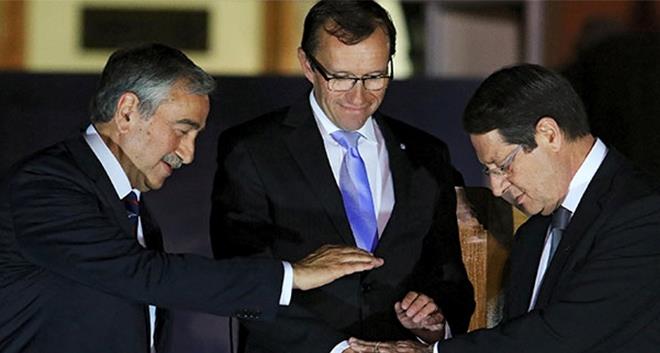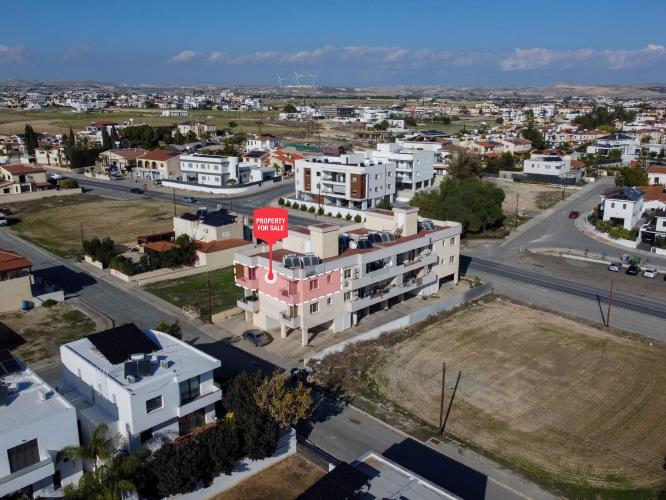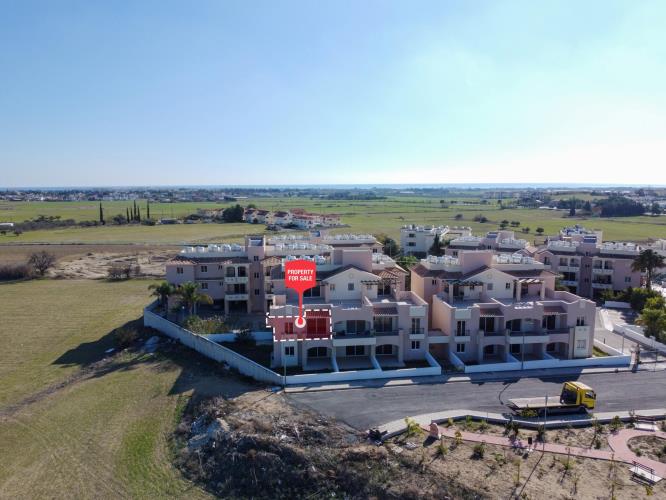A World Bank and International Monetary Fund joint team left Cyprus on December 18 after a week of “substantial work” focusing on the economic sustainability of the divided island’s possible reunification.
“What Nicosia wants is an assessment of the economic viability of an overall Cyprus settlement; what it actually means to have a unified functional economy from day one in federal Cyprus,” an insider told the Cyprus Weekly.
“The IMF-World Bank approach is very positive, the team is made up of about ten members, technical experts from IMF will focus on macro-economics and those of the World Bank on micro-economics,” added the insider.
The technocrats have held a number of meetings this week with the two chief negotiators in the UN-brokered Cyprus peace talks.
“The missions have been granted permission to get all necessary data from banks in the breakaway north since no one really knows what the state of play is there, no-one seems to know the exact debt of the north either,” the insider mentioned.
In its September staff report for Cyprus, the IMF referred to prospects for a solution to the Cyprus problem and the reunification of the island.
According to In Cyprus, the Fund also pointed out that “while it is too early to assess how the process will unfold or its implications for policies, reunification could boost investment and trade in Cyprus, benefiting long-term economic growth.”
The financial system in Cyprus is now stable and with positive prospects following the banking sector’s collapse in March 2013, but remains fragile and has significant challenges remaining.
Sources close to the Presidential Palace believe that after the shocking ‘haircut’ on unsecured deposits in a bid to bailout the island’s bankrupt lenders, Cypriots are twice as cautious about the anticipated cost of reunification, In Cyprus reports.
It is also rumoured that President Nicos Anastasiades will never agree to an overall settlement that won’t guarantee the financial viability – short-term and long-term – of the country.
“It’s not just the cost of property compensation or property exchange. The big picture is that the reunified state should be economically functional; that the two federal states won’t compete against each other but rather work together,” a source stated.
The same source estimated the cost of reunification to be roughly around €20 billion and said that neither the EU nor the US have committed themselves to specific financial assistance towards Cyprus even though they send out encouraging messages.
















